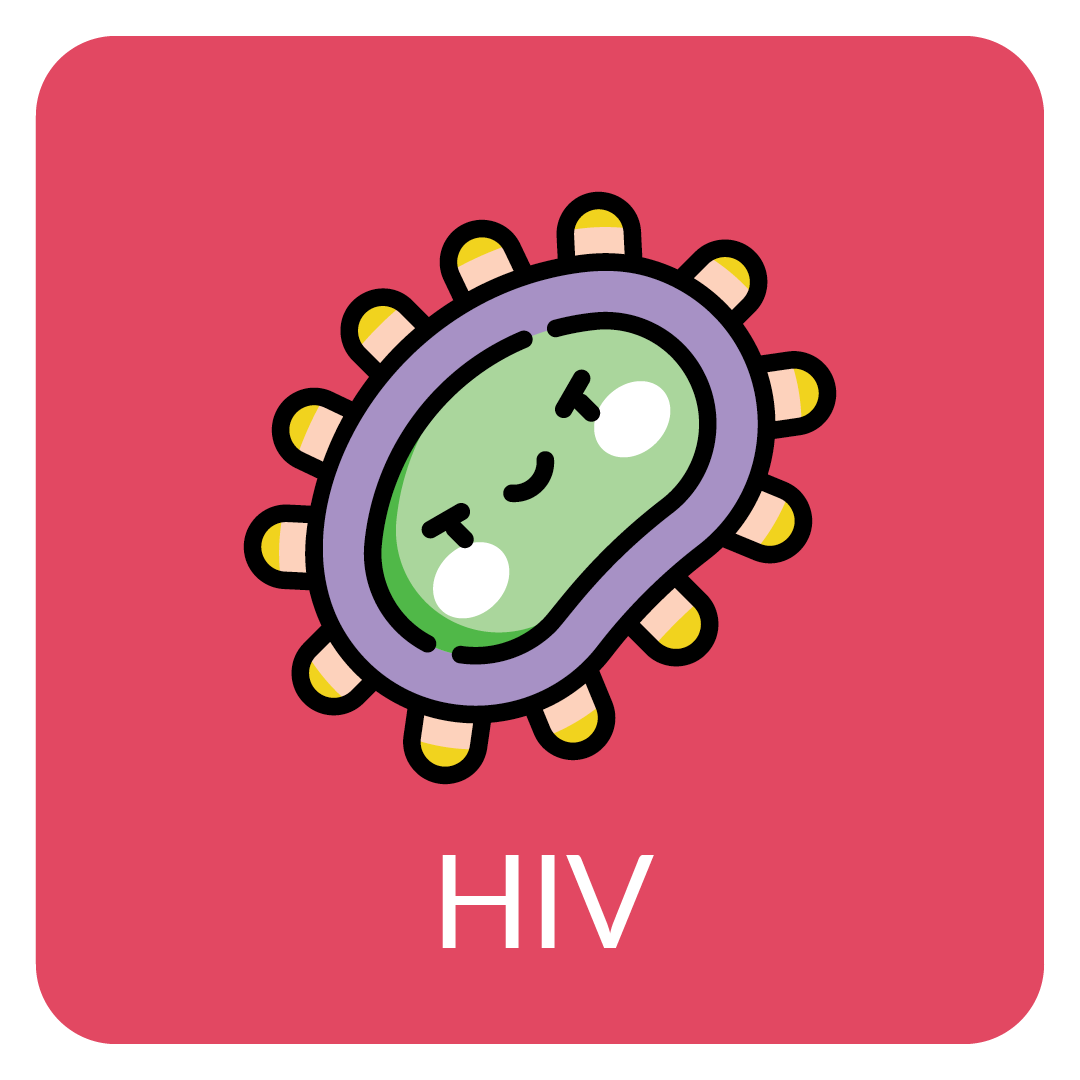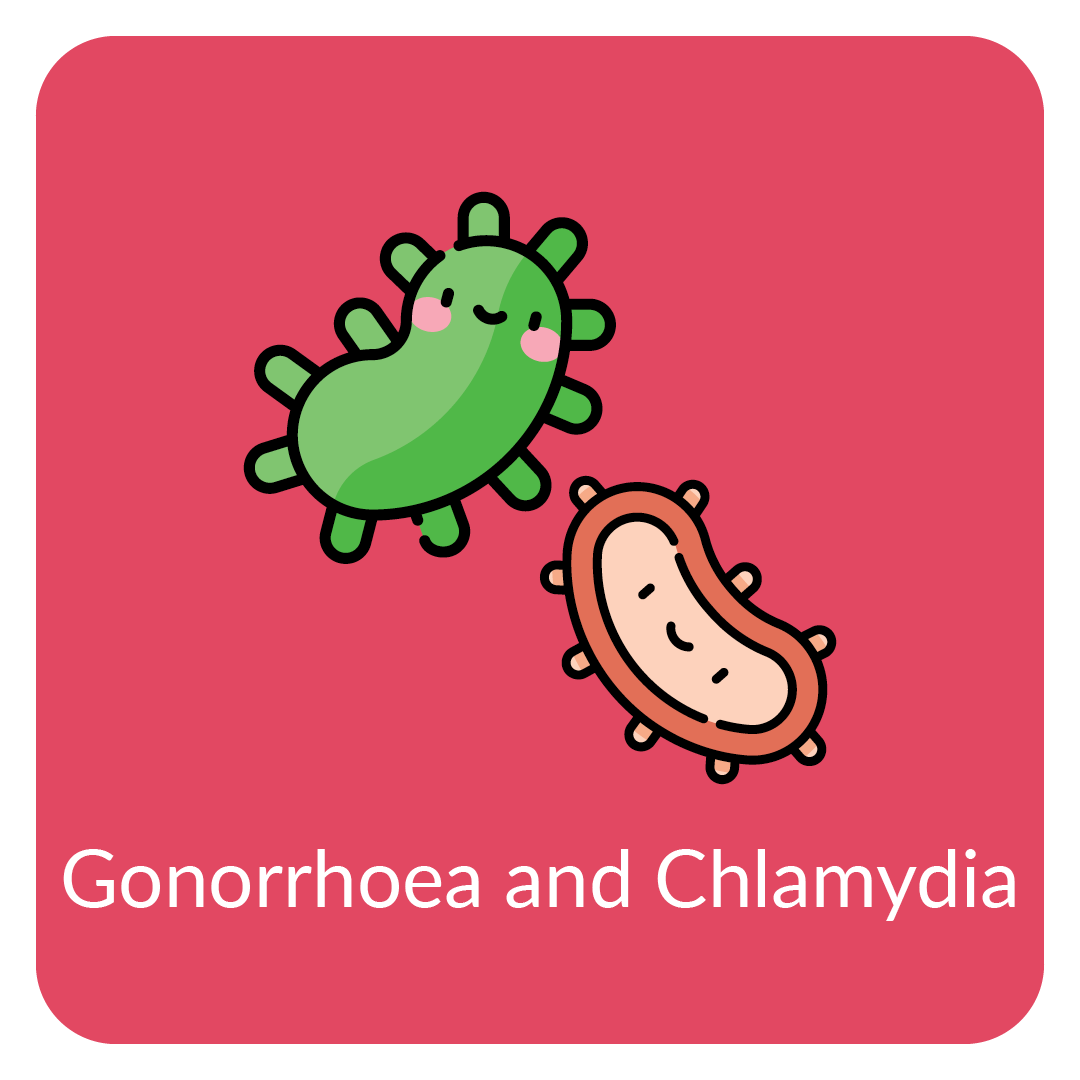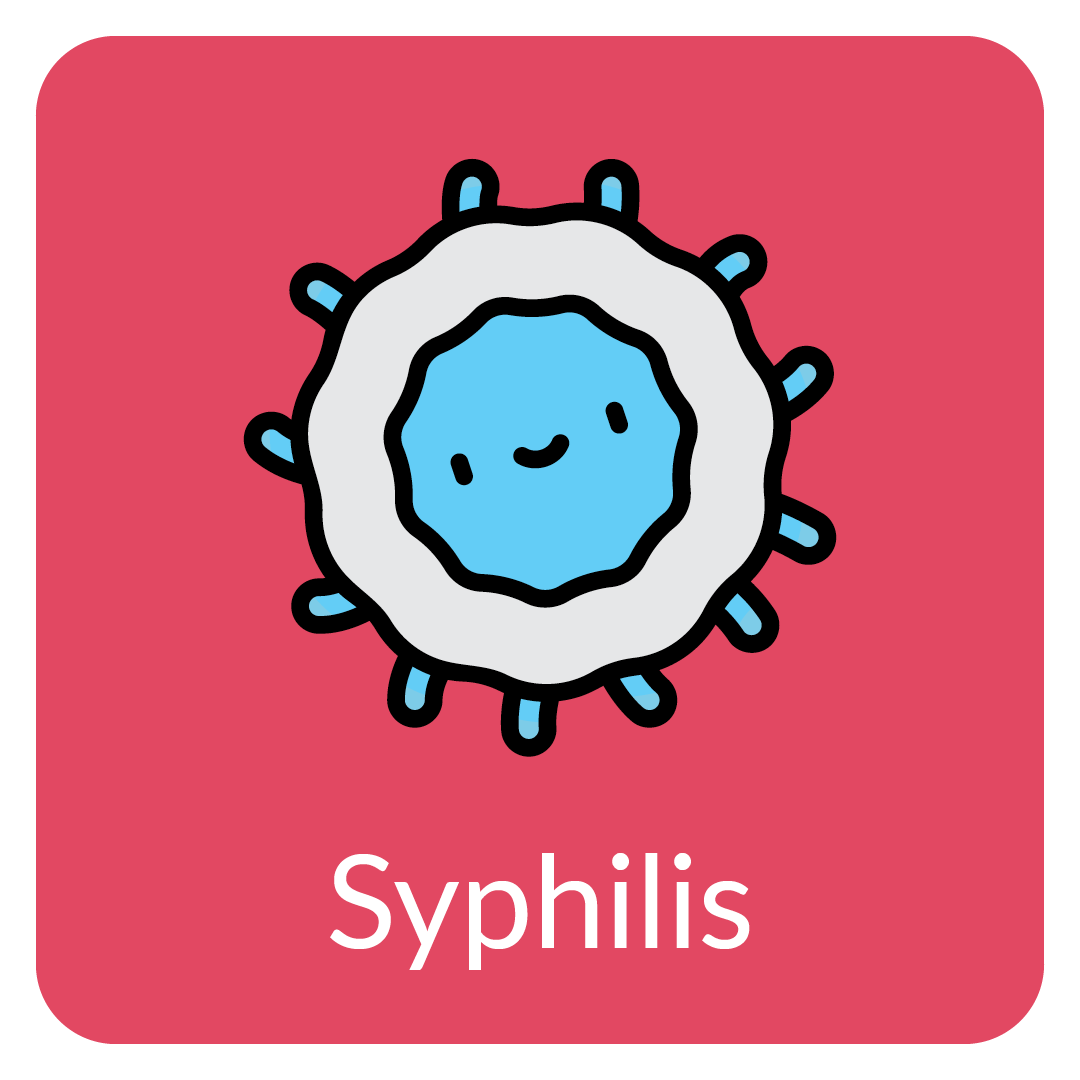Sexually Transmissible Infections (STIs) are infections that are transmitted from person to person during sexual contact. Sexual contact can include kissing, oral sex, rimming, vaginal sex, and anal sex.
STIs are a normal part of being sexually active. There is no reason to feel ashamed or embarrassed about STIs.
Look after the sexual health of you and your partners by:
- Using condoms and dams. Click here to learn about condoms and dams.
- Testing for STIs. Click here to check out testing locations in WA.
- Talking to your partners about STIs.
Learn more about STIs below:
 |
 |
 |
Frequently Asked Questions
I tested positive for an STI. How do I tell my sexual partners?
Informing your sexual partners is nothing to be embarrassed about. You would want someone to tell you if they had an STI.
Better to Know and Let Them Know are services which anonymously allow you to inform your partners of a positive result. Your GP or sexual health provider can also do this for you.
Someone I slept with has an STI. What do I do?
If someone you has sexual activity with tells you they have an STI, get an STI test and stop having sex.
You can resume sexual activity once you have a negative test result or when you have finished your course of treatment.
STIs are a part of sexual activity and there is no need to blame any one person or to be ashamed.
How do I know if I have an STI?
The only way to know if you have an STI is to get an STI test.
Common STI symptoms include abnormal discharge, rash, itch, pain, pus, or sores.
It is possible to have an STI and not have symptoms. This is known as being Asymptomatic.
Regular STI tests every 3-6 months if you have multiple sexual partners or every 12 months if you have one sexual partner is recommended.
Can STIs be cured?
Gonorrhoea, chlamydia, and syphilis, can be easily treated with medication and antibiotics.
HIV and herpes cannot be cured, but they can be managed using medication.
Can I keep having sex if I have an STI?
If you have an active STI infection you need to have treatment before having sexual activity.
For STIs that cannot be treated, you will need to make sure they are managed correctly.
It is important to get treatment or have the STI managed before continuing to have sex.
This will reduce the risk of re-infection or spreading the STI to other people.
Once you’ve completed the treatment, symptoms have resolved, and you’ve got the ‘all clear’ from your doctor, you can continue having sex.
Where can I get tested?
Any general practitioner (GP) or sexual health clinic can provide sexual health testing.
Click here to check out all the places you can access testing in WA.
Can I be vaccinated against STIs?
Not all STIs can be vaccinated against, which is why condoms are still recommended.
STIs that can be vaccinated against include:
- Human papillomavirus (HPV)
- Hepatitis A
- Hepatitis B
- Mpox (not an STI, but an infection related to sexual activity)
Note: While PrEP is not a vaccination, it can be taken to prevent the acquisition of HIV.
